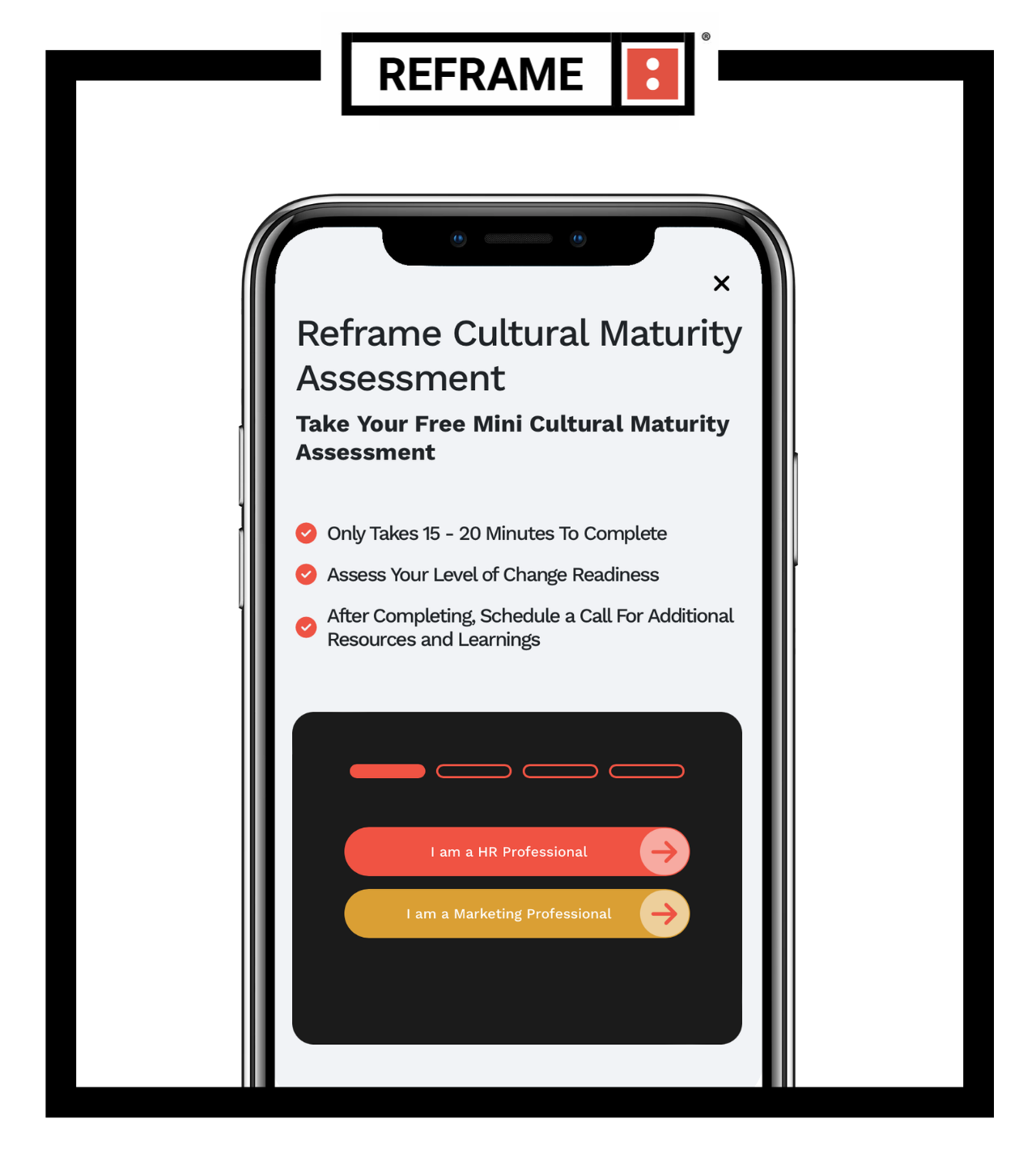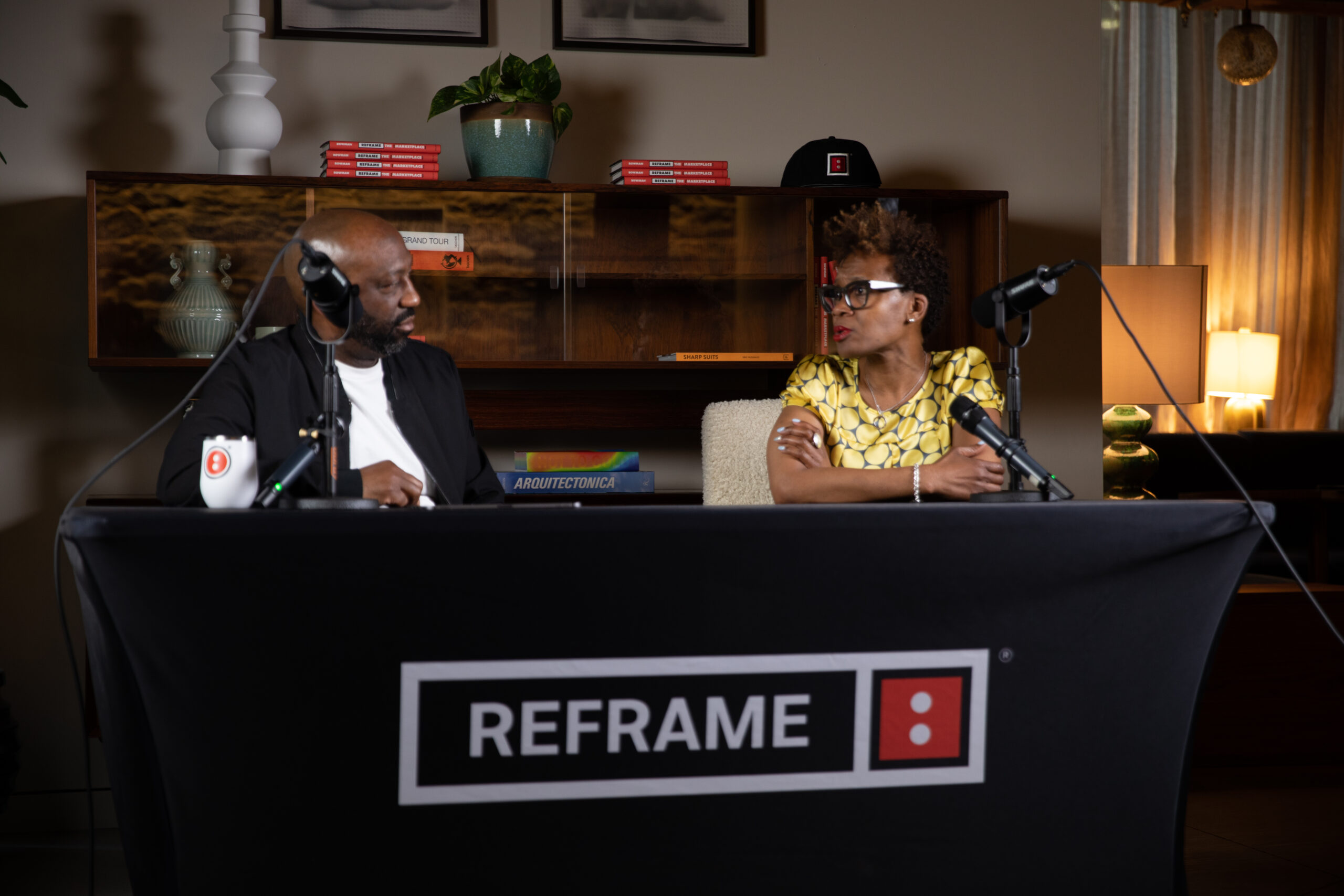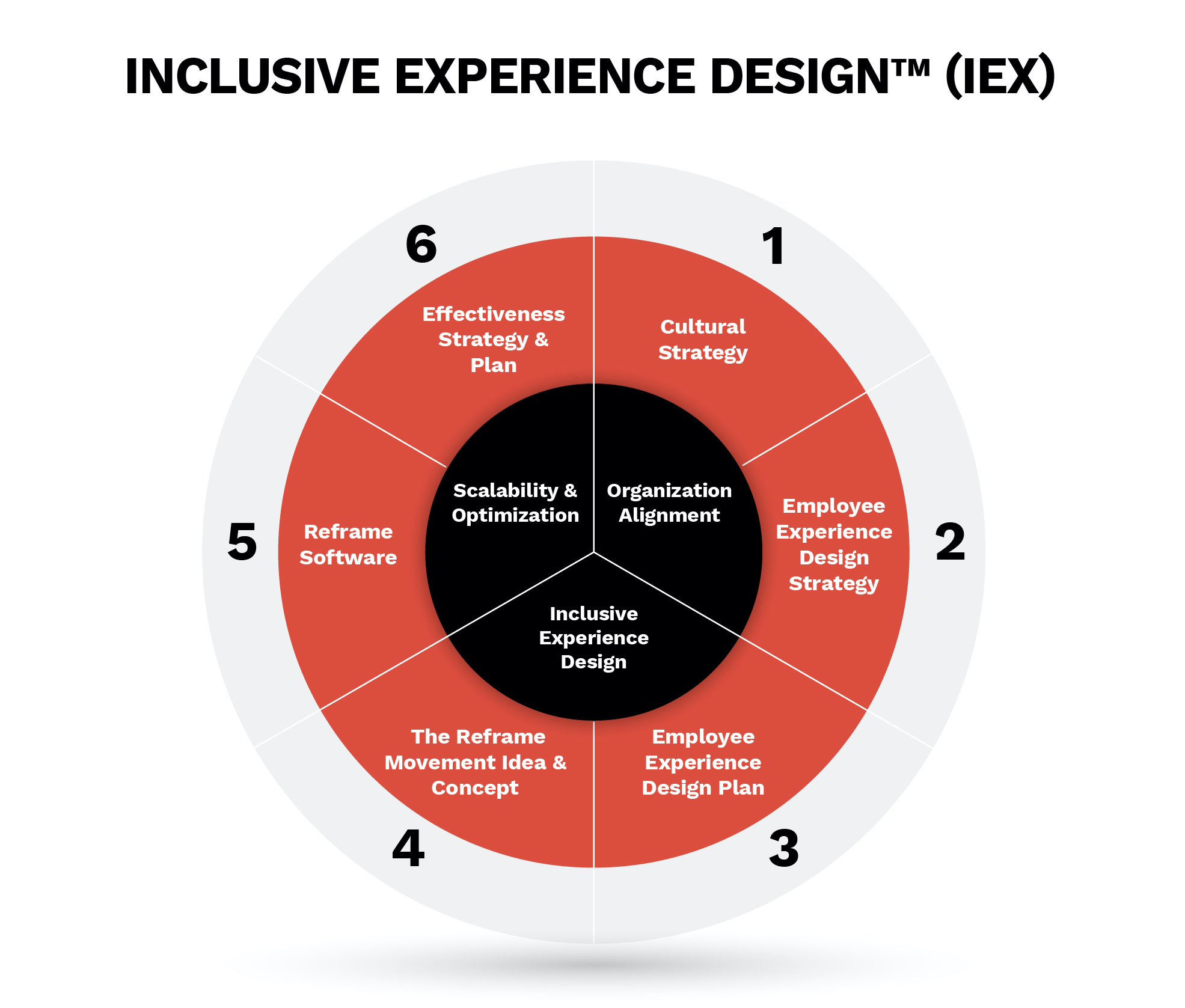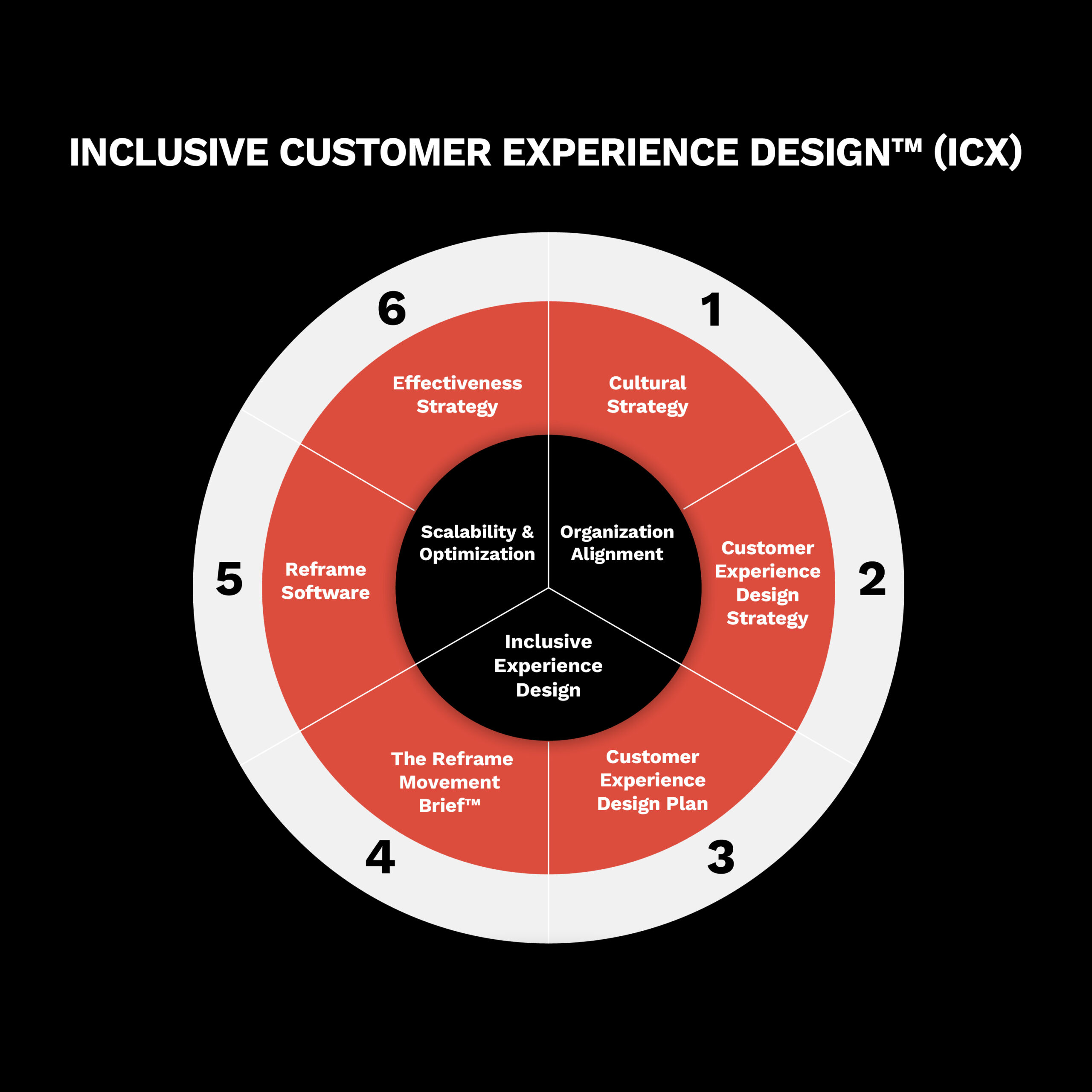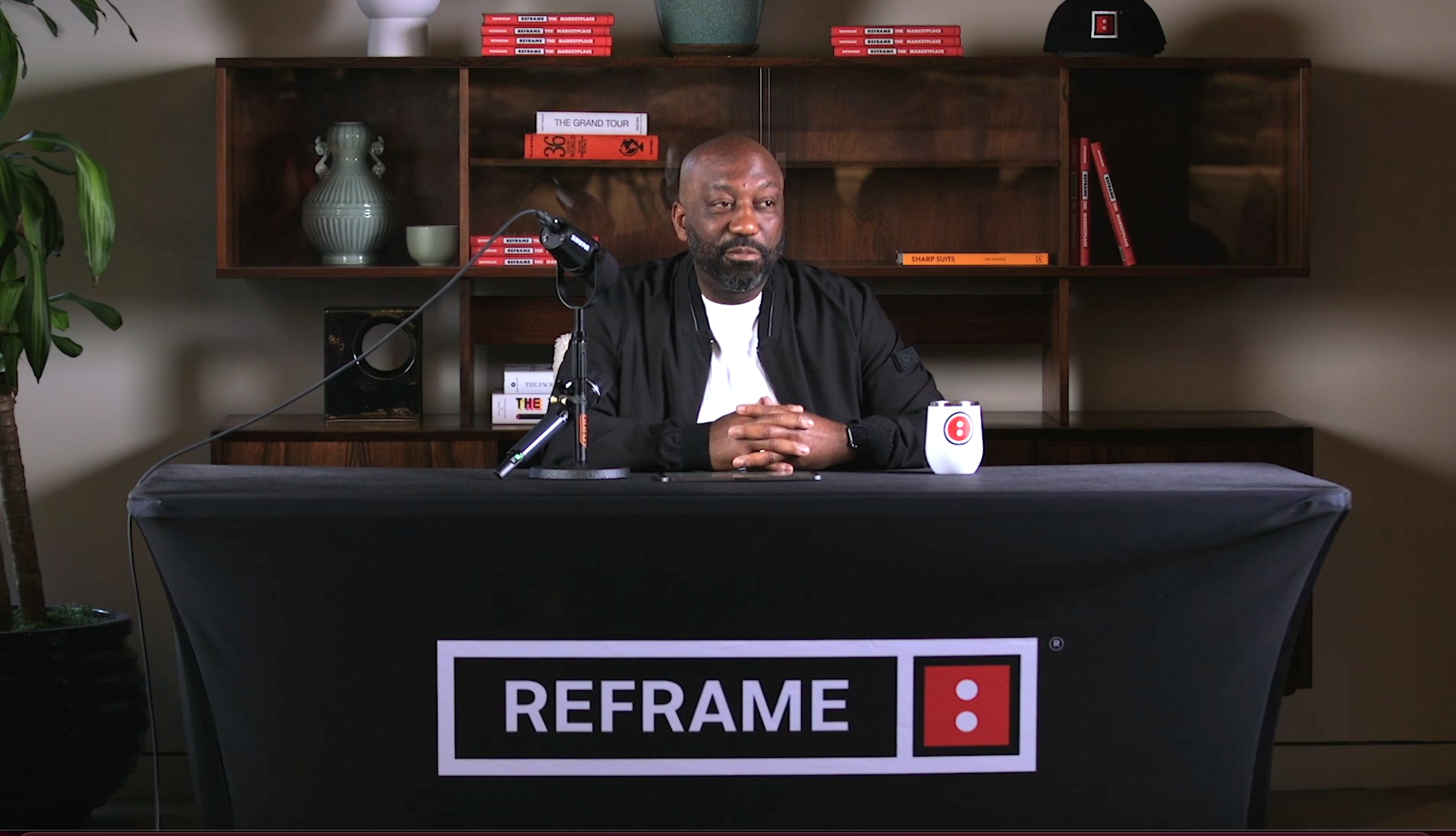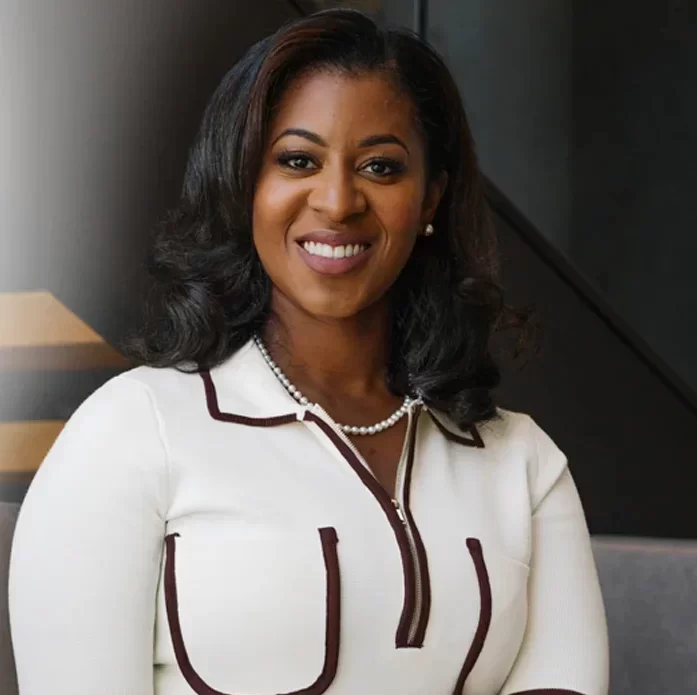
1-On-1 with Dr. Ella Washington
Dr. Ella F. Washington is the founder of Ellavate Solutions, a global consulting company that provides solutions and development that elevate leaders and ignite company cultures. As a professor of Practice at Georgetown University’s McDonough School of Business and the author of the newly-released book The Necessary Journey: Making Real Progress on Equity and Inclusion, Dr. Washington has over 10 years experience helping corporate leaders accelerate inclusion across a number of industries including finance, healthcare, and real estate.
In the first installment of our “What Your Chief Diversity Officer Isn’t Telling You” series, we sat down with Dr. Ella F. Washington to discuss the current state of DEIB, the future trends she’s watching, and what diversity leaders tell her behind closed doors.
Reframe: What do you know now about DEIB that you wish you’d known when you began your journey?
Dr. Washington: On a personal note, I was encouraged to broaden my research as much as possible and was even told that it would be difficult to have a credible career if I focused too much on race and now DEI is my whole career! I am glad I pursued DEI and I wish I had the confidence to believe in it more at the time.
With respect to the workplace, one of the most important things that I know now is that DEIB really can not be treated as a “nice to have”, and has to be a “must have”. Organizations must integrate it into their business strategies along with other core functions of the business.
Additionally, I know now better than ever that DEIB is a living breathing area of a business. There is no “knowing it all” as new concepts and challenges arise everyday. Rarely is there a one size fits all solution because even similar challenges manifest differently across various businesses and industries.
Finally, I wish I knew how “long term” the journey truly is, and I wish I could help all organizations understand this early. Many clients I have worked with start with vary ambitious timelines in an effort to save money or condense themes and topics but like anything, good work takes time and changing culture and office behavior takes even longer. It can be discouraging to do DEIB work if we do not calibrate our goals to be SMART and well planned.
Reframe: What are some of the biggest challenges that organizations face today regarding DEIB, and what challenges lie ahead?
Dr. Washington: Organizations come to me with a range of challenges. For one client, getting started with the idea of a DEI strategy was the biggest challenge. They had undergone some acquisitions but wanted to maintain a consistent DEI vision as they developed a strategy. For clients with these needs, I tend to recommend focused and goal oriented visioning sessions with as many senior leaders as are willing to address.
Other issues include celebrating diversity broadly without leaving anyone out. This is a hard one because there is always more that we can do to acknowledge various underrepresented groups. What I advise organizations to do is focus on creating a cultural mechanism of inclusion and celebration such that every year, more and more people are interested and open to learning and welcoming the various cultures of their colleagues. With this attitude, all will understand that it is simply a matter of time not a matter of exclusion before all get to be celebrated. As we learn more about diversity and intersectionality, we begin to see that the celebration of other cultures doesn’t have to be a criticism of our own.
Reframe: What is the present and future of DEIB?
Dr. Washington: Some of the trends I have seen in the DEI space include the rise of old DEI challenges in a new space: hybrid work. As workplace flexibility is the next natural step in improving the employee experience- finding the balance of that flexibility has been a challenge as organizations navigate perceptions of performance and equity for raises and promotions in the new mixed workplace.
A lot of recent dialogue has circled the topic of quiet quitting and quiet firing in the workplace. As we struggle to have difficult conversations and clarity around workplace expectations, passive aggressive tendencies have led to less communication and more withdrawn approaches to workplace relationships. With the preexisting challenges of transparency and inclusive cultures- issues like quiet firing and quitting can exacerbate already existing workplace challenges.
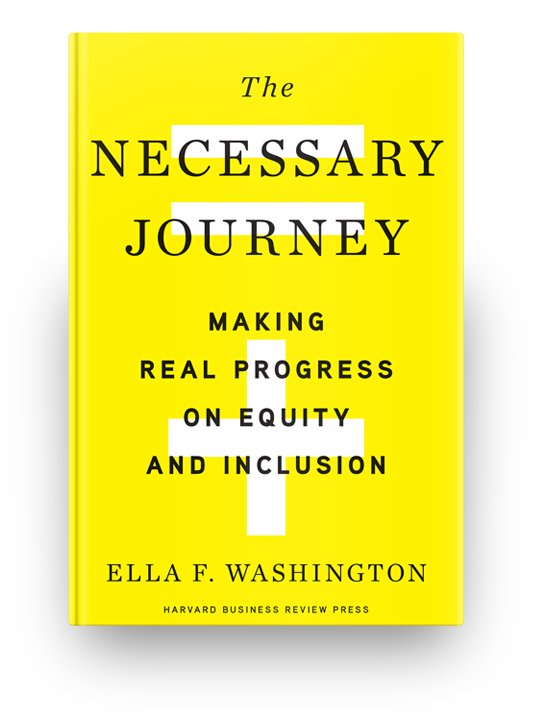
Reframe: From your experience working with diversity and inclusion professionals, are there concerns that they share behind closed doors that you can speak about?
Dr. Washington: Absolutely! One very common challenge is having the resources and support to execute on a strong DEI strategy. Many DEI professionals find themselves with no support team and a limited budget for programming or support.
Additionally, leaders have shared the challenges of existing in a role that answers to the business and its leadership, but is also accountable to the employees who engage and share their concerns. It can feel like a cross between a conflict of interest and split loyalties. At the end of the day, everyone in the organization wants a positive and supportive work environment but the individual perspectives for achieving this utopia can be challenging to mediate. As a DEI leader, it can be challenging to manage if you feel like you are making real meaningful change or putting things on just to show the face of a good DEI effort.
From a wellness perspective, burnout is a major challenge for DEI professionals. Spending so much time talking about the importance of respect for various identities can take a toll on one’s mental wellness and although most in this profession are good at compartmentalizing the personal aspects of our work- we are still human and there are times that the work itself can feel taxing on the energy of DEI professionals.
Reframe: Imagine someone gave you a billboard, on which you could include any messages you’d like about DEIB to Corporate America. What would they say?
Dr. Washington: “Spoiler Alert: You will make mistakes”
Mistakes are not only inevitable but necessary for the journey. All journeys have challenges and setbacks and in DEI they are incredibly important to acknowledge and embrace. Mistakes give us an opportunity to learn as well as to model humility and growth for employees. How leaders handle setbacks impacts the culture of an organization and DEI mistakes contribute to this. The more open and honest we can be about our challenges, the greater our ability to learn from them and to broaden our perspective and approach as well.
To learn more about Dr. Washington and her work, visit her website and follow her on Instagram and Linkedin.
Related Blog Articles
